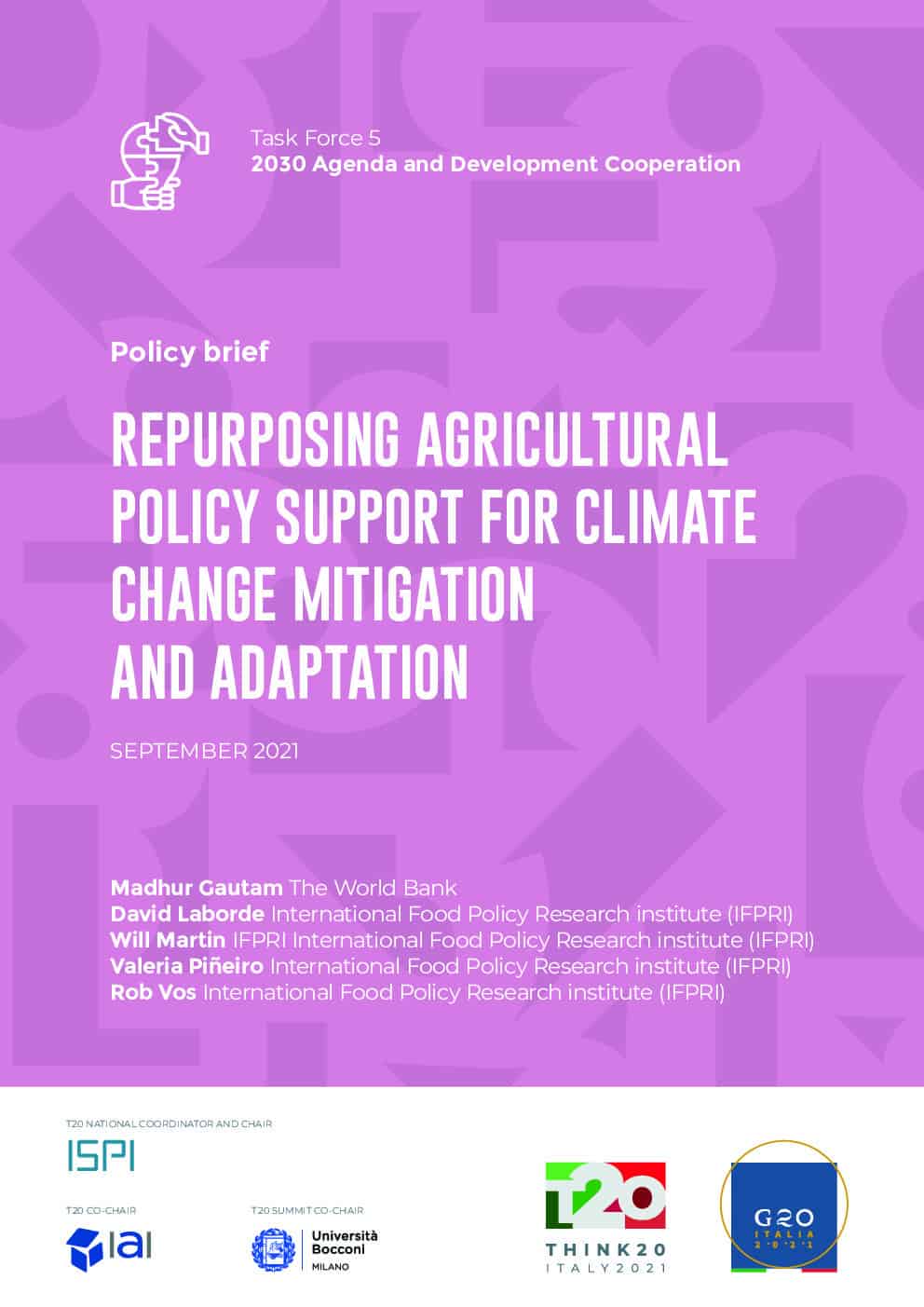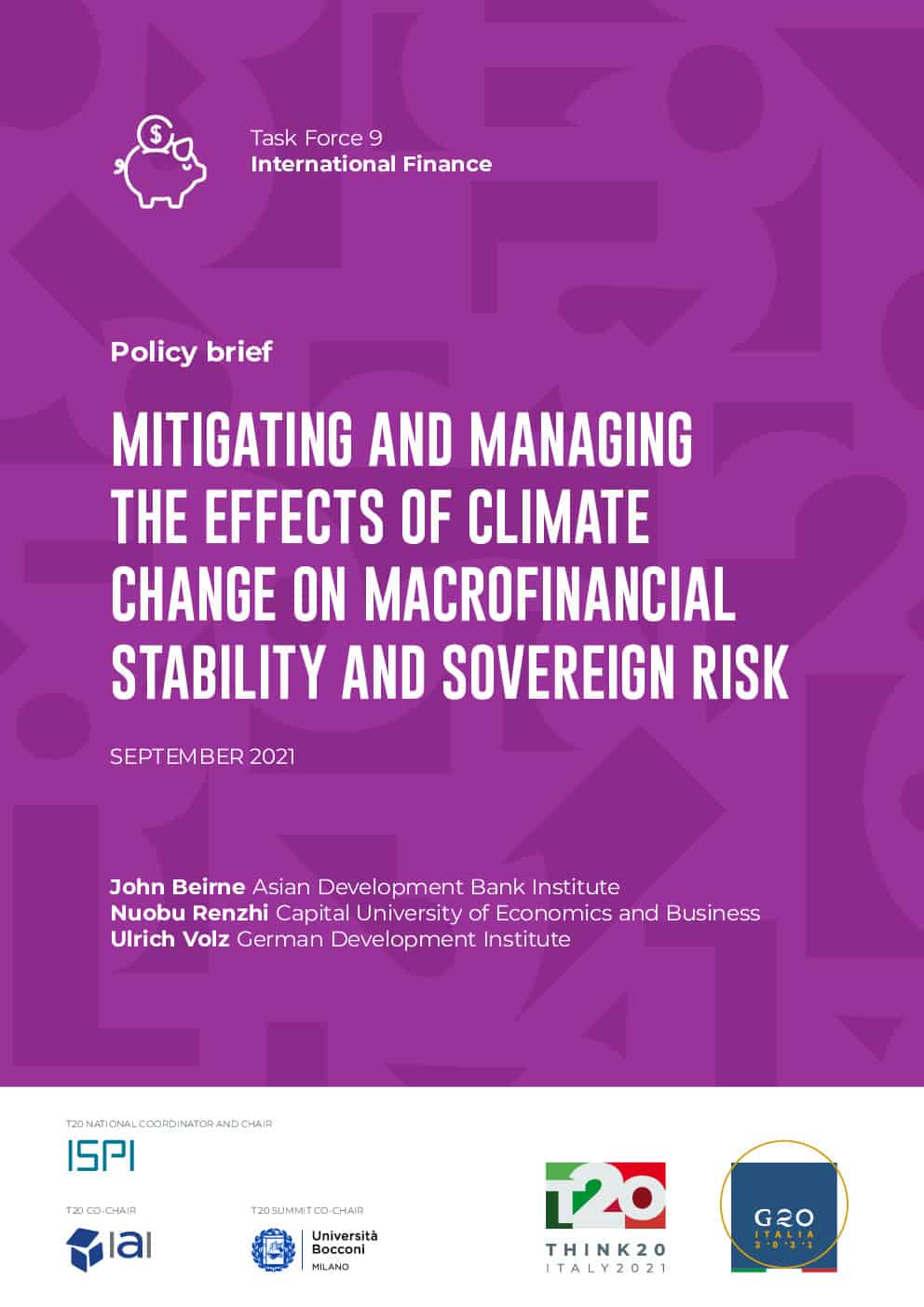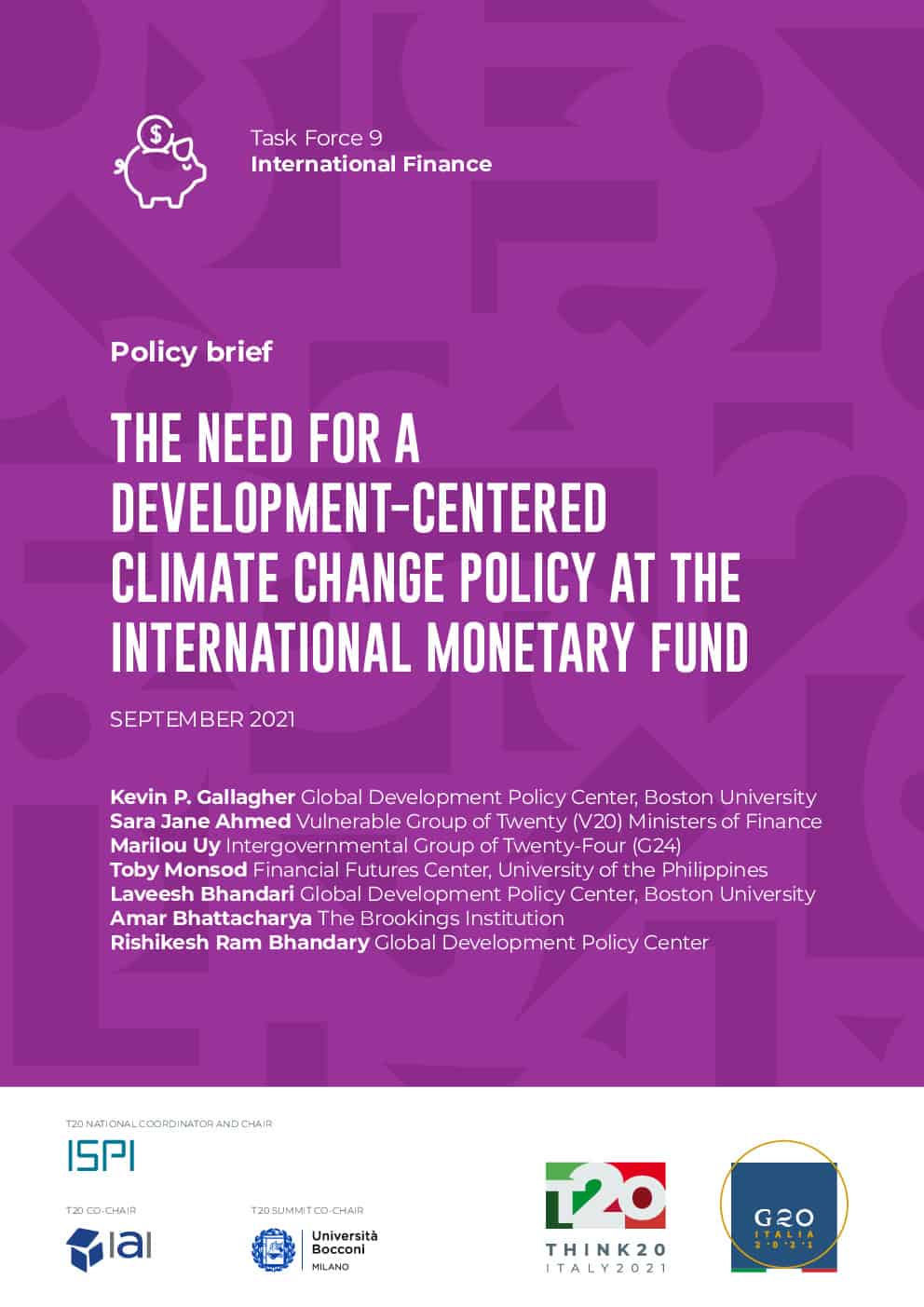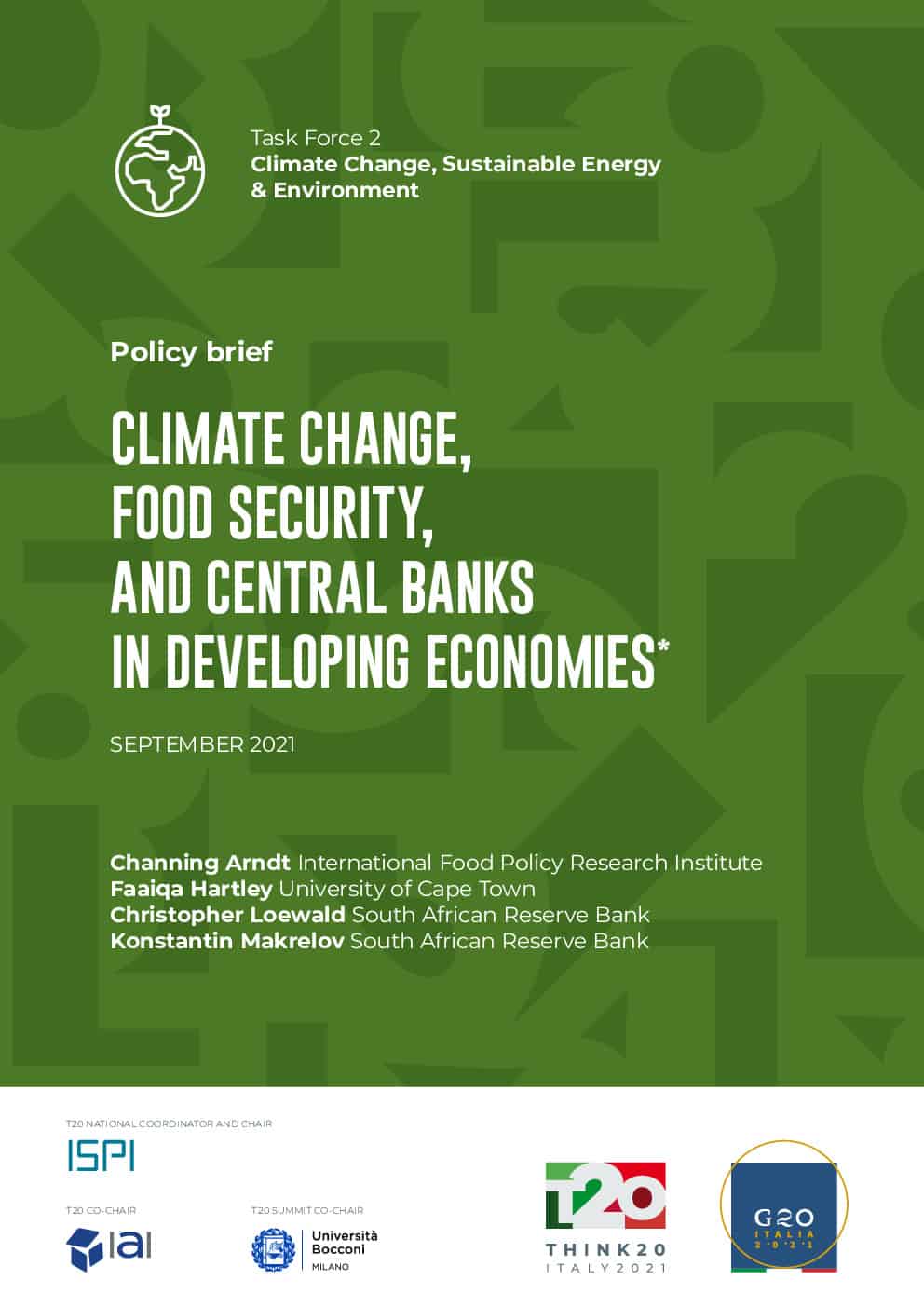Climate Change
Achieving resilient and sustainable food systems and addressing hunger
This session is curated by Joachim von Braun, Distinguished Professor, Economics and Technical Change Center for Development Research (ZEF), University of Bonn. The global food system is in disarray again. Following market disruptions due to needed pandemic related policies, growing adverse impacts of climate stress, now the war in Ukraine … Read more
Keynote: Minister for Economic Affairs and Climate Action Robert Habeck
Our future depends on our ability to transform our economic system – to take stewardship in transforming the system in accordance with our collective goals. This requires, first and foremost, reliable measures of progress so that we can evaluate if we reached our economic, social and environmental goals. Next to … Read more
Opening plenary: Listen to the world: Promoting social well-being within planetary boundaries
The world continues to face great upheaval wrought by the pandemic and recently Russia’s invasion of Ukraine. Our many global threats — from climate change to pandemic vulnerability, from financial instability to cyber insecurity, from biodiversity loss to food insecurity – remain, but they require a radical reevaluation in the … Read more
Repurposing agricultural policy support for climate change mitigation and adaptation
Agricultural production is both strongly affected by climate change and a major contributor to climate change, with agriculture and land use change accounting for about one fifth of total global greenhouse gas emissions more than for transport or industrial uses. Agricultural production benefits from substantial government support, costing at least … Read more
Mitigating and managing the effects of climate change on macro-financial stability and sovereign risk
Climate change can negatively affect macrofinancial stability and amplify sovereign risk. By raising the cost of sovereign borrowing for climate-vulnerable countries, it limits the fiscal space available for scaling up investment in adaptation and resilience to climate change and can threaten debt sustainability. This policy brief proposes actionable policy solutions … Read more
The need for a development-centred climate change policy at the International Monetary Fund
Climate change and climate change policy pose significant risks to financial and fiscal stability. They also pose risks and offer opportunities for growth and development prospects. As the only multilateral, rules-based institution charged with maintaining the stability of the international financial and monetary system, the International Monetary Fund (IMF) should … Read more
Nature-based solutions for climate change, clean energy & health
The G20 should control climate change by mobilizing nature-based solutions to: 1. Foster forests ecosystems by supporting the Restor platform to help re-grow one trillion trees by 2025; 2. Preserve peatlands and wetlands as natural protected areas; 3. Clean cities by cutting air and lead pollution by 25% by 2025 … Read more
Climate change, food security, and central banks in developing economies
Climate change represents a rapidly emerging challenge for central banks, particularly in developing economies. Central banks have tools to increase the economy’s resilience, enable reallocation of resources to reduce costs and grasp opportunities, and smooth the transition to a low carbon economy. Specific measures, such as changes to selected macroprudential … Read more





